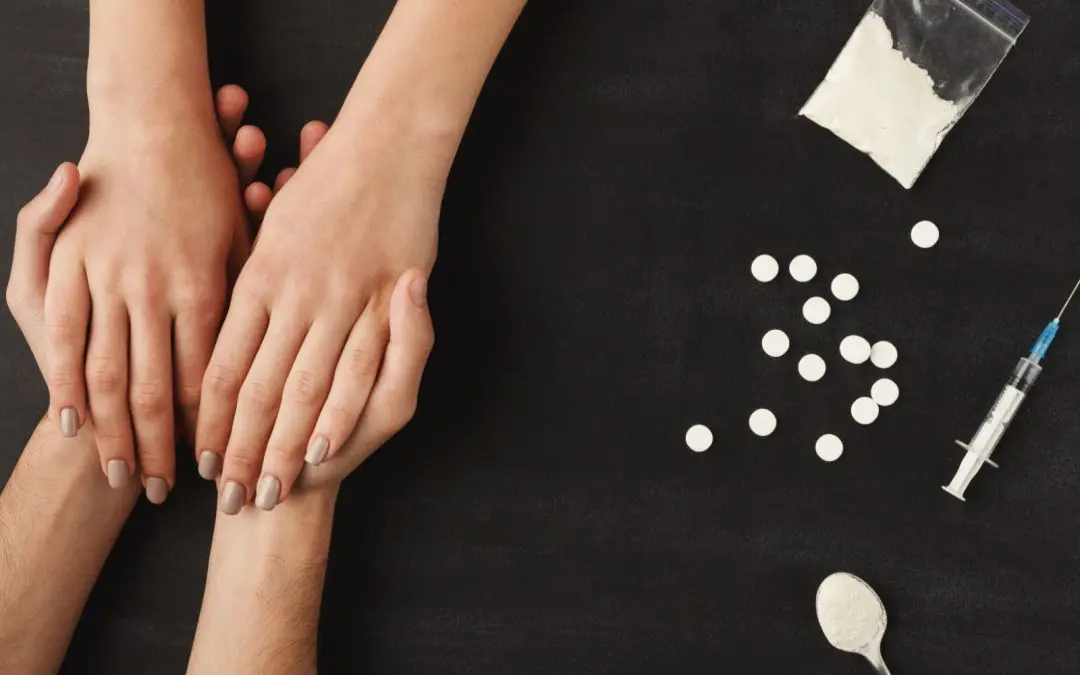24/7 Helpline:
(866) 899-221924/7 Helpline:
(866) 899-2219
Learn more about Aftercare Support centers in Hawaiian Gardens
Aftercare Support in Other Cities

Other Insurance Options

Molina Healthcare

BHS | Behavioral Health Systems

Cigna

MVP Healthcare

UnitedHealth Group

GEHA

Aetna

Coventry Health Care

Health Choice

BlueShield

Meritain

Horizon Healthcare Service

Private insurance

ComPsych

AllWell

State Farm

Providence

Self-pay options

Health Partners

Highmark

Hawaiian Gardens Medical & Mental Health
Hawaiian Gardens Medical & Mental Health is a private rehab located in Hawaiian Gardens, CA. Hawaiia...











